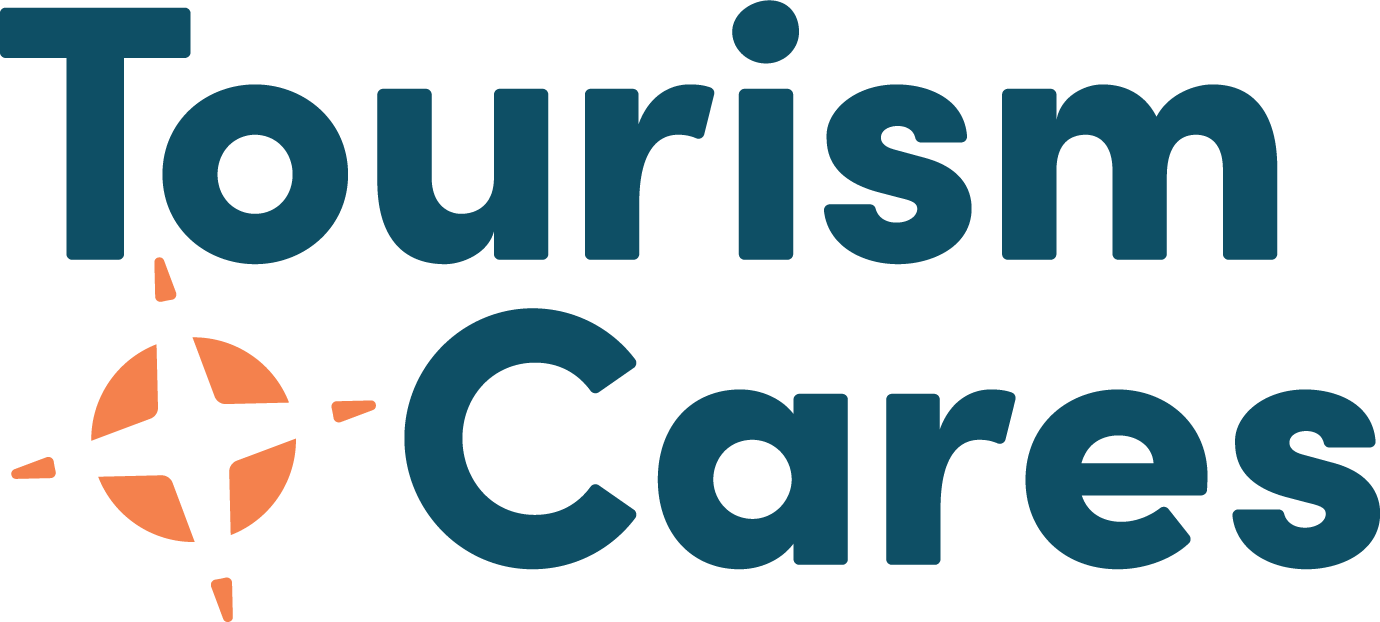
5 Insider Tips to Help Your Customers Expedite Travel Insurance Claims
By Kathleen A. De Riso, VP of Travel Services at Crum & Forster
Let’s face it; despite all the best efforts and months of detailed planning, things can go wrong while traveling.
When the unexpected happens — flight delays, medical emergencies, lost luggage — the thought of filing a travel insurance claim can quickly become overwhelming for many travelers.
For tour operators and advisors, these customer moments matter to them as well.
How you show up for your customers in these instances can impact your brand’s reputation, regardless of who is administering the claim.
Two major trends are impacting the state of travel insurance today:
- Travel is becoming more challenging due to an increase in severe weather events, airline systems failures, and general staffing shortages.
- Digital technologies have changed customer expectations when it comes to claims. Travelers expect immediate responses and faster claims processing.
Crum & Forster has worked alongside tour operators and advisors for over 25 years. We’ve seen firsthand how small steps can help expedite the claims process and alleviate customers’ stress during a difficult time.
Here are five ways you can help travelers speed up the claims process:

Photo courtesy of Crum & Forster
1. Know Before You Go
The fastest claims are the ones that start with more informed travelers. Before heading out on their adventure, travelers should know:
- The name of their travel protection plan and what’s covered. Knowing the name of their travel protection plan should help the assistance company and customer service teams to deliver faster service.
- Documents that may be required to file a claim.
- Phone numbers and websites to access for help in the event of an accident, illness or issue including delayed or lost baggage and missed travel connections.
Additionally, customer service teams should have plan summaries at their fingertips to quickly verify coverage details, helping to streamline support and reduce traveler anxiety.
2. Immediately Gather Essential Documentation
Missing documents is one of the most common reasons for claims delays. Travelers should be sure to ask for and hold onto receipts and other forms of payment, boarding passes, medical records, rental car agreements, or police reports as soon as an incident occurs. Taking pictures of documents is a great way to store them for easy access when needed.
If traveling internationally and documents are in a foreign language, travelers should skip self-translation. Most insurance companies will handle language translation internally.

Photo courtesy of Crum & Forster
3. Contact the Assistance Company for any Medical or Emergency Needs
Travelers should make the assistance company their first call when they need travel support. Most travel assistance companies offer 24/7 non-insurance assistance with coordinating care and handling payment with providers directly to help travelers avoid any out-of-pocket expenses.
4. Utilize Online Claims Portals When Possible
Some online claim portals feature instant document uploads, status tracking, and faster communication between the insurer and the claimant.
With nearly 87 million people covered by about 55 million policies, efficient and accurate digital claims systems are more important than ever for helping to maintain customer satisfaction.1
5. Respond Promptly to Insurer Requests
After submitting a claim, insurers may ask for more information or clarification. Delays in responding can slow down the process. Tour operators and advisors can help by explaining these requests to travelers and ensuring prompt replies.
Common Reasons Claims May Get Delayed (and How to Prevent Them)
- Incomplete forms: Confirm travelers have properly completed all required details, including payment information.
- Late filing: Help travelers avoid delays by informing them early about claim submission timelines and encouraging timely action.
- Missing documentation: Request a list of required documents from the travel insurance provider to ensure complete and timely submissions.

Why It Matters for Your Business
Your travelers may not remember exactly how the claim was processed, but they will remember how you showed up for them in a stressful moment. Tour operators and advisors who help support travelers through difficult situations are the first ones that come to mind when those travelers start planning their next experience.
Crum & Forster works with tour operators to design tailored plans and helps facilitate a claims experience that keeps travelers coming back. Get in touch today.
1 U.S. Travel Insurance Association’s 2022–2024 report [traveldailynews.com]
About the Author
Kathleen A. De Riso is the Vice President of Travel Services at C&F where she enjoys creating custom travel insurance offerings to meet the unique needs of their clients. With a career spanning several decades in Travel, Kathleen has held prominent leadership roles in Underwriting, Operations, Account Management and Claims. Her experience has provided her with a holistic understanding of trip insurance —and what makes it function seamlessly for tour operators, TPAs, and travelers alike.
About Crum & Forster Accident & Health
Crum & Forster, rated “A+” Superior by A M Best (2025), is a national commercial property and casualty group of insurance companies. Since 2000, Crum & Forster’s Accident & Health Division has offered a diverse portfolio of specialty insurance and reinsurance products nationwide. We place a strong focus on product development and creative distribution methods, along with excellent client service and support. In addition, our ability to provide international Accident & Health solutions through our innovative captive structure as well as through various partnerships with affiliated entities demonstrates our dedication to providing alternative strategies in an ever-changing insurance market. Follow us on LinkedIn, X and Instagram.
The C&F logo, C&F and Crum & Forster are registered trademarks of United States Fire Insurance Company. 20250909-4799192

Posted in:






